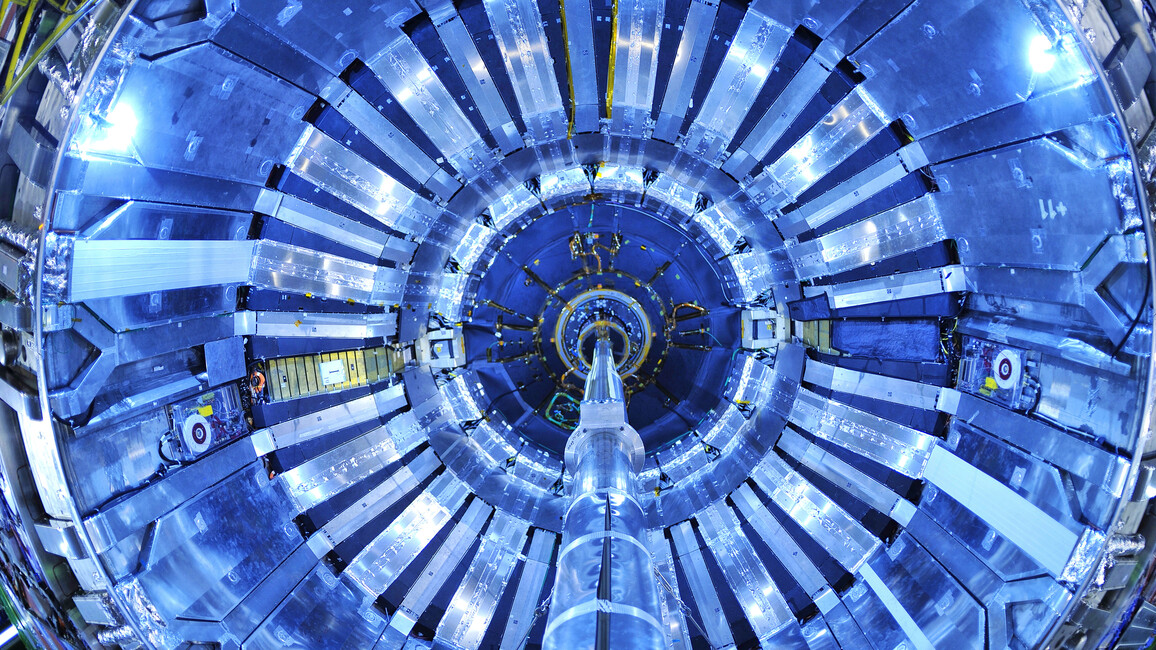Contents
Largest individual funding programme worldwide
Horizon Europe is the European Union’s 9th Research Framework Programme for Research and Innovation. The aim of its funding for excellent research and innovation is to boost Europe’s competitive strength, to promote cooperation between science and industry and to find solutions for problems facing society. At the same time, the programme makes a contribution to sustainable development in Europe. Horizon Europe serves to implement the European Commission’s political guidelines. The programme plays an important role in Europe’s digital and green transformations in particular. Horizon Europe offers researchers funding opportunities and support to develop new and innovative solutions together with partners in Europe.
Research topics focus on important issues for society such as health, sustainable development and digital transformation. As the world’s largest individual funding programme for research and innovation, it is very important for Germany’s research landscape: many researchers – teams and individuals – can benefit from the attractive funding opportunities. The funded projects strengthen transborder cooperation – in Europe and worldwide.
Structure and contents
Programm overview
Excellent Science
Horizon Europe promotes excellent science by providing funding for top-quality research, promoting talents and building research infrastructures. It supports cooperation between researchers from different countries and disciplines with the aim of strengthening Europe as a leading location for excellent research.
Clusters
Research collaborations work on established research areas. The focus is on issues that are highly relevant for society. Examples which play a key role include health, climate, energy and digital transition.
Innovative Europe
This pillar comprises the instruments which focus on innovation. They are the European Innovation Council, the European Innovation Ecosystems and the European Institute of Innovation and Technology. The objective is to introduce a product or service to the market.
European Research Area
The cross-cutting part on widening participation and strengthening the European Research Area is geared in part towards promoting the participation of member states which have been less active in research and innovation up to now.
Selected areas
The European Research Council
The European Research Council is an institution which provides funding for excellent basic research. It promotes pioneering project ideas from outstanding scientists in all disciplines.
Marie Skłodowska-Curie Actions
The aim of Marie Skłodowska-Curie Actions is to support transnational and cross-sector mobility and to promote researchers’ career development. As a result, Europe as a research location is to become more attractive for researchers.
EU Missions
EU Missions are targeted and transformative packages of measures which address current challenges facing society. They bring together various different players and strike out on new paths to bring innovations to the people. Thematic fields include clean water, climate change adaptation and the fight against cancer.
Future developments: The 10th EU Framework Programme for Research and Innovation
The 10th EU Framework Programme for Research and Innovation (FP10) is scheduled to be launched on 1 January 2028. Discussions regarding the future programme have already started at national and European level.
Germany is participating actively in negotiations early on, and the Federal Government published a first national discussion paper on FP10 on 23 May 2024.


